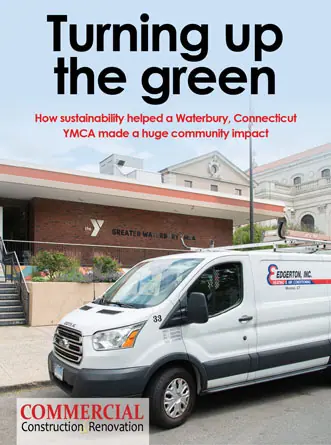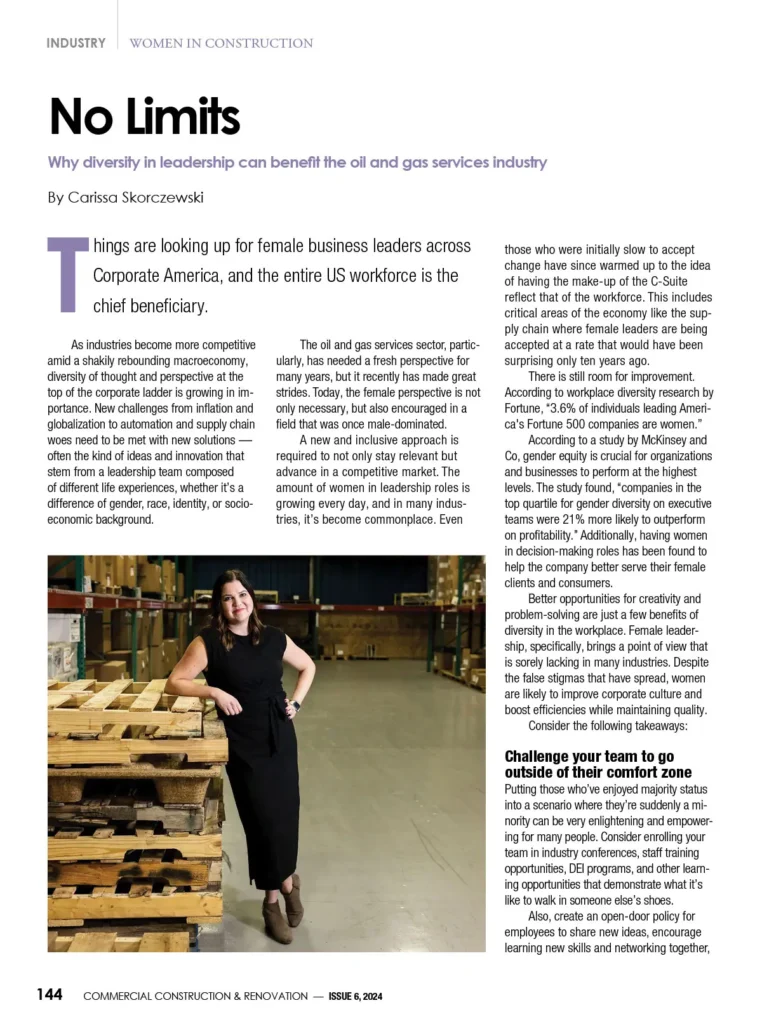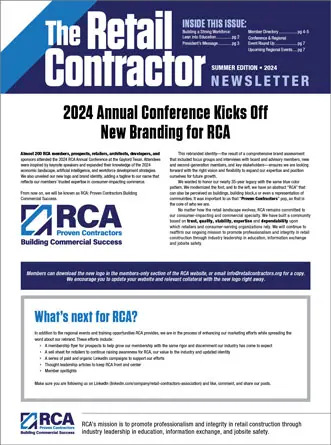n a world of deepening climate crisis, eco-friendly hotels have become an increasingly increasingly important growth area within the hospitality industry. These hotels essentially focus, with varying degrees of commitment and success, on aligning themselves with the increasing value that guests are putting on living a greener, more sustainable lifestyle. At a time when traditional tourist hotspots like Barcelona, Venice and Machu Picchu are suffering from overtourism and reviewing their growth strategies to focus on fewer tourists and slower seasons, it makes sense for hoteliers to ask themselves if they can operate in a more sustainable manner.
Let’s take a closer look at the movement, assessing why guests choose to prioritize eco-friendly hotel rooms, and what actually makes a hotel an eco-friendly hotel.
WHAT IS AN ECO-FRIENDLY HOTEL?
Essentially, an eco-friendly or environmentally friendly hotel is one that is built or operated in such a way as to minimize both the carbon footprint of the business operation as well as the carbon footprint of those who work and stay there. They are designed and run to have a positive impact on the environment as well as the local community. This is a pretty broad definition, which means that there are a wide range of ways a hotel can improve its green credentials and become part of the trend.
WHY CHOOSE TO STAY IN AN ECO-FRIENDLY HOTEL?
Guests are increasingly looking at green credentials when they travel for several reasons. As environmental awareness has grown and people have been given greater access to eco-solutions, lifestyles around the world have changed. More people than ever are committed to recycling, reducing their use of plastics, sourcing their food locally and eating sustainably, saving energy and water, and generally bringing eco-friendly elements into their daily lives.
As environmental issues gain momentum, consumers are putting pressure on businesses to do the same – choosing to use services or invest in organizations that show they are doing their part in preserving the environment, reducing waste and supporting local communities. This applies to every aspect of consumption – including hotels – with 68% of travellers saying that they value and seek a sustainable, eco-friendly option. People want to feel like they are having a positive impact on the world, wherever they are.
5 Features of an Eco-Friendly Hotel
Eco-friendly hotels come in all shapes and sizes, as well as different levels of commitment, but all features of these hotels share a common theme – minimizing carbon emissions and working to have a positive impact on the environment and community around them, without sacrificing guest experience. There’s a lot of flexibility for hotels in this area as eco-products, systems and even building design innovations become ever more available. Here are some key aspects of what makes a hotel eco-friendly.
FEATURE #1 – ENERGY SAVING SYSTEMS
Saving energy brings considerable benefits to hotels, helping to control and reduce operating costs while also minimizing emissions. Energy saving initiatives can combine several different aspects, including installing LED lighting (these bulbs last longer, are more durable, and use a fraction of the energy of regular lightbulbs), installing renewable energy systems (solar panels, for example), upgrading to high-efficiency HVAC systems and electrical appliances, and improving insulation to reduce losses from the building. A great example of this is The Scarlet in Cornwall, where solar panels, biomass boilers and all-natural space provide energy and heat to the hotel rooms and facilities.
FEATURE #2 – SUSTAINABLE LOCAL PRODUCTS
Food items, toiletries, linens and décor can all be sourced locally for immediate carbon footprint production (reduced transport costs and fuel usage) as well as the ability to highlight and support local businesses, artisans, farmers and producers who utilise eco-friendly and sustainable practices. This isn’t just an eco-friendly move in itself; it’s an effective way of grounding your business in the community, of fostering tourist interest in the culture of the area and what it offers, and creating a sustainable local economy that can become a unique attraction in and of itself. This approach is integral to the beautiful Garonga Safari Camp in South Africa, which combines luxury and local artisanship with unique eco-friendly activities deep in the African bush.
FEATURE #3 – WATER SAVING SYSTEMS
Hotels use an incredible amount of a vital, ever-more limited resource – fresh water. By installing low-flow toilets and showers, using aerators on faucets, and installing water recycling and filtering systems, hotels can save considerable costs in the long-term while increasing their brand value in the eyes of guests. This is important for all hotels, but especially those in water-scarce areas where operating a hotel can have a direct and significant impact on the local natural environment and community. The Shore Hotel in Santa Monica, an area suffering from prolonged drought conditions, has integrated sustainable design with conservation practices to save over 5 million gallons of water
FEATURE #4 – NON-TOXIC AND NATURAL
Reducing the environmental impact of a hotel means committing to non-toxic, grey water friendly cleaning products and detergents, to recyclable and reusable materials, and natural products. From the insulation, furniture and linens to the shampoos and body lotions, everything in the hotel should comply with eco-friendly product guidelines. In many ways, this actually makes running even an eco luxury hotel easier. For example, by making sure all detergents, soaps and cleaning products are biodegradable and grey water friendly, it’s easier to reuse wastewater in the hotel, even watering the hotel gardens safety and reducing costs further. Natural linens are more luxurious and prized by guests, and they are gentler on sensitive or allergy-prone skins, improving the guests experience. It’s about committing to an organizational culture of environmental sustainability from the ground up, which is embodied in a hotel like the Thala Beach Nature Reserve in Australia, which was awarded the Advanced Eco Certification for not only ensuring environmentally friendly practices and supporting the local community, but protecting the natural and cultural heritage of the area.
FEATURE #5 – CARBON NEUTRALITY
No matter how hard we try, it’s currently impossible to entirely eliminate emissions. Minimizing our carbon footprints is extremely important and a vital focus, but to achieve carbon neutrality will require some level of carbon offsetting. The Hotel Doolin the West of Ireland managed to reduce their overall carbon footprint from 465 tonnes in 2017 to under 110 tonnes in 2019, and then offset those remaining emissions by planting native Irish trees through a partnership with a nearby charity.
Going one step further, Carpe Diem Resort in Santorini became one of the world’s first climate positive hotels this year, meaning they offset more carbon than they emit. Some of the measures they take to achieve this include planting 80 trees a year in reforestation projects in Madagascar for every member of their team and offsetting 2 tonnes of CO2 and planting 10 trees for every reservation they receive on their website.
IN CLOSING
Some of the most eco-friendly hotels and hotel eco resorts, like Whitepod in Switzerland, are among the most technologically advanced and innovative in the world. Through innovative engineering, smart technology and LEED design, these hotels integrate luxury and innovation to meet ground-breaking sustainability goals. Yet whether you run a rural resort, a city townhouse or an island retreat, every hotel has a vast number of opportunities to reduce their emissions, behave more sustainably and become more eco-friendly. If we can help you create or execute on a more integrated sustainability strategy, drop us a line
This article was originally posted on the blog of Proven Partners, a hospitality consultancy that specialises in helping hotels adapt and reposition for more effective growth.







 The 2024 virtual Men’s Round Table will be held Q4, 2024, date TBD.
The 2024 virtual Men’s Round Table will be held Q4, 2024, date TBD.












